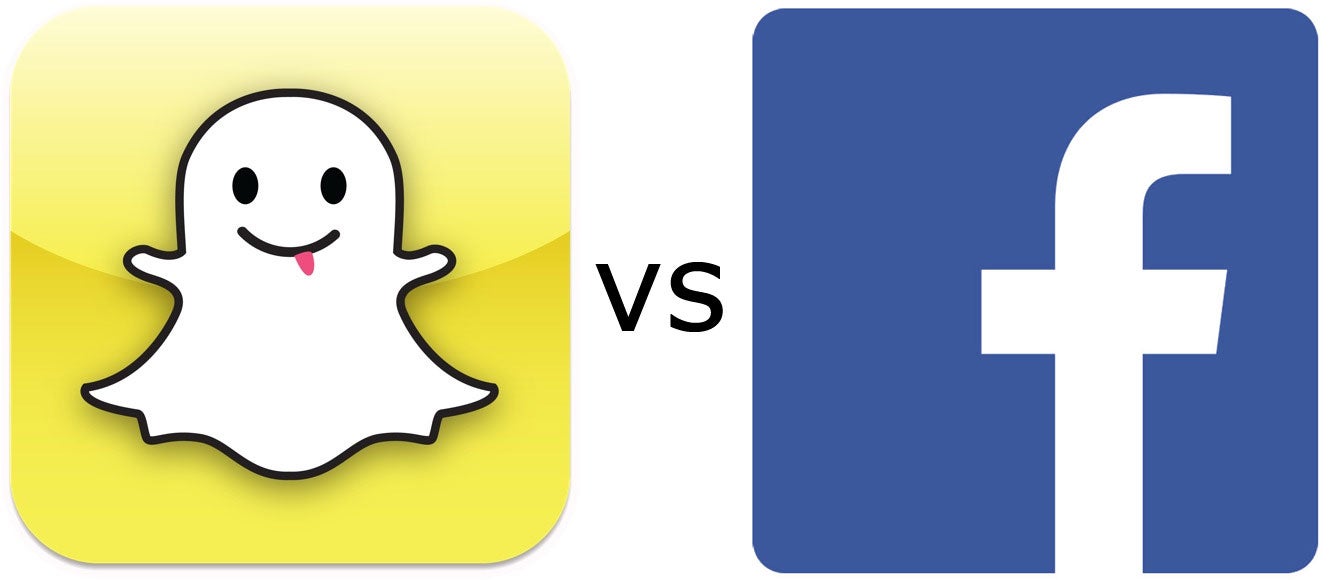Snapchat: Photo-sharing app rejects Facebook's $3bn acquisition offer
The two-year-old photo sharing app has experienced explosive growth amongst younger users but has yet to make any revenue at all

Your support helps us to tell the story
From reproductive rights to climate change to Big Tech, The Independent is on the ground when the story is developing. Whether it's investigating the financials of Elon Musk's pro-Trump PAC or producing our latest documentary, 'The A Word', which shines a light on the American women fighting for reproductive rights, we know how important it is to parse out the facts from the messaging.
At such a critical moment in US history, we need reporters on the ground. Your donation allows us to keep sending journalists to speak to both sides of the story.
The Independent is trusted by Americans across the entire political spectrum. And unlike many other quality news outlets, we choose not to lock Americans out of our reporting and analysis with paywalls. We believe quality journalism should be available to everyone, paid for by those who can afford it.
Your support makes all the difference.Photo-sharing app Snapchat has rejected an acquisition offer from Facebook for $3bn (£1.9bn) according to reports from the Wall Street Journal.
The news comes just weeks after news that the startup was valued at up to $4bn (£2.5m) with Chinese e-commerce giant Tencent reportedly offering to lead an investment round for the two-year-old company.
The app’s popularity has been attributed to its use of “ephemeral media”: content shared over Snapchat can only be viewed for a maximum of ten seconds before being automatically deleted off the recipient’s phone.
Although this mechanism is not perfect (various hacks exist and users can always just screenshot the images shared) the core concept has struck a chord with the younger generation and the app now claims to have more than 100 million users exchanging 350 million messages each day.
The company has so far made $0 revenue, but 23-year-old founder Evan Spiegel (above) is now speaking about ways to monetize the service. In conversation with the BBC’s Rory Cellan-Jones, Spiegel outlined plans to generate revenue from the app via user payments rather than advertising.
This would mean taking a very different tact to social media juggernauts such as Facebook and Twitter. Both of these services experienced explosive user growth before they went public and subsequently incorporated advertising to turn a profit.
A similar route is currently being taken by Instagram - another photo-sharing app with a strong focus on mobile users - that Facebook managed to successfully purchase for $1bn back in 2012.
.jpg)
Join our commenting forum
Join thought-provoking conversations, follow other Independent readers and see their replies
Comments